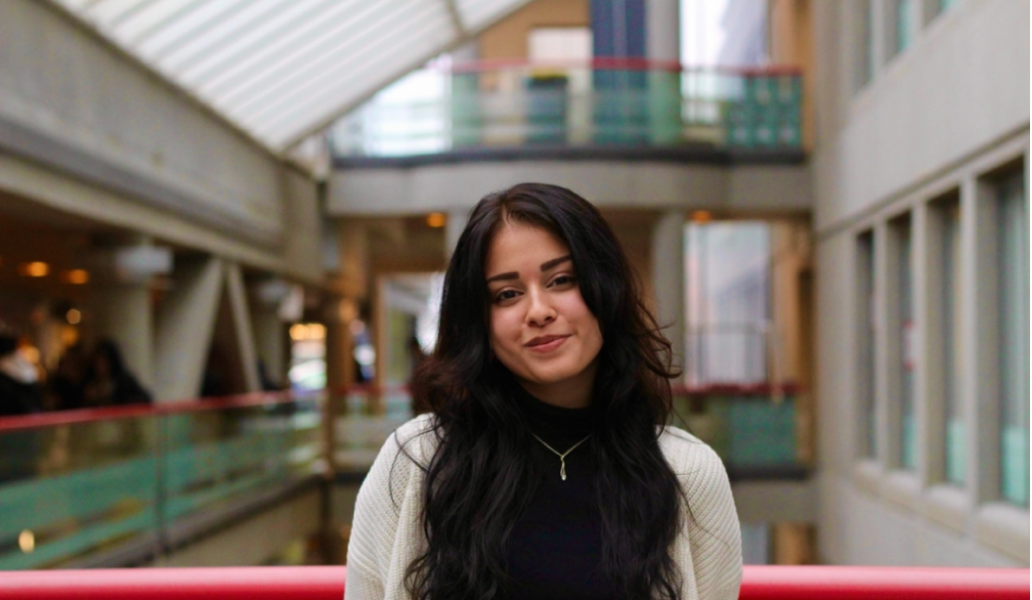
It can be intimidating to apply for a job when you feel underqualified. However, especially in the current job market, it is rather typical to find job postings that require more experiences or qualifications than you currently have. Authenticity and self-belief are the two keys aspects that helped me in my job search and overall professional development. Being authentic means standing by your true values and beliefs, no matter the situation, while self-belief means having confidence in your strengths, abilities and judgement. It takes a combination of these two superpowers to be the right candidate for the right opportunity.
For example, I applied for the Digital Resource Assistant position in SFU’s Communication and Marketing department, even though I lacked the foremost requirement of knowing Adobe Experience Manager (AEM), a content and digital asset management application. During the interview, I emphasized my passion for digital solutions through previous co-op and personal experience using other website and content management systems, as well as my basic knowledge of HTML and CSS. I also was authentic about my strengths, weaknesses, and passions, rather than focusing on winning or losing the job. As a result, I landed the job and, eight months later, was praised as a "website queen" during my evaluation. This position helped me enhance my cross-functional communication and develop my understanding of agile, digital marketing and design practices. The lesson here is to take as many chances as you can, as you never know what opportunities may arise.
Here are my 7 tips to develop unwavering self-belief and authenticity:
When I was applying for the CEOx1Day opportunity, one of the application stages consisted of completing a Hogan Leadership Assessment, as this type of self-awareness helps to better understand yourself and enable better decision-making. You can enhance your personal growth by evaluating how your behaviours, feelings and thoughts affect you and the people around you. We all can do this daily with small acts such as maintaining a journal, practicing mindfulness and reflecting on our strengths or weakness and ways to improve them.
You can’t get to where you want if you don’t know the exact plan. What helps me is to break down the bigger picture into realistic goals and create a task list for each. This helps me prioritize time and resources more effectively, track my progress and adjust accordingly, and become more confident through better task management and clarity.
Take the time to celebrate your achievements and reflect on what helped you get there. In this future-focused society, we are so driven by consistent progress, but this type of recognition will help you stay motivated, develop resilience and a positive mindset.
You know the quote, “Show me your friends and I will show you your future”. The way I apply it to my life is by being a supportive friend but by also surrounding myself with positive people. They are the ones who will encourage you when you are down and provide true constructive feedback to support your growth.
There are eight types of self-care: physical, emotional, social, space, personal, financial, spiritual and work. As a university student who is balancing work, studies, extracurricular, finances, chores (and the list goes on), it can get quite overwhelming. Hence, my tip is to learn about the various self-care types and apply them accordingly to what is stressing you out, so that you are fully optimizing your time to recharge.
If I could pick one biggest takeaway from my data analytics background, it is to “fail fast, fail often”. This is the best learning approach as you get to learn more about your interest and abilities, while developing adaptability and perseverance.
I cannot stress this enough, learn to give but also to seek feedback. Take time to really understand and find ways to leverage it to improve yourself.
Hope these pointers help you develop an action plan to become more confident in yourself and showcase your unique perspective and talent more effectively!













